“Which video game has the best music?”. It’s an easy question that you can ask anyone, and you are almost assured to get an interesting answer. Sure, there will be a chorus of Zeldas and Marios, but you also are going to get plenty of answers that you wouldn’t expect.
But, I think the more interesting question is, why do you love the music from those games? This gets you a much more interesting set of answers. But, they do largely come back to two major points; the music drives the action that is being played, or it helps enhance the emotions of the story being told. These are two different ends of a spectrum, but they are both incredibly important ways that music can have an effect on any game that you play. And they can both be showcased with two of my favourite games of all time; so let’s dive into those to explore why music is so important to games.
Music to enhance emotion
“We hope that eventually there would be an occasion which I can personally prove that game music can in fact impress many different people and move them.”
– Nobuo Uematsu, Final Fantasy composer
No matter what kind of media you are involved in music is always going to play a major role. And video games have never been an exception to that rule. I would bet that a lot of people’s memories about playing games are full of the music that accompanied them. To prove my point, let me just list a few things that I can guarantee you can play the exact music for in your head right now.
The first Mario level.
A Pokemon battle starts.
The Halo 3 load screen.
All these things have an incredible specific sound tied to them that a lot of us will never forget. More than that if you hear the music for any of those you’re probably going to be flooded with memories from playing those games as well. Just having that deep-seated link, proves how integral music is to the enjoyment of video games. But, let’s go another step and not think about moments, but about characters.
Is Darth Vader as intimidating without The Imperial March? Is Sepiroth as awe inspiring without One Winged Angel? The answer for both is obviously no, and that’s a great indicator of just how important good music can be to a movie, game, or even just to a single character. And it’s those characters that make the games we love. 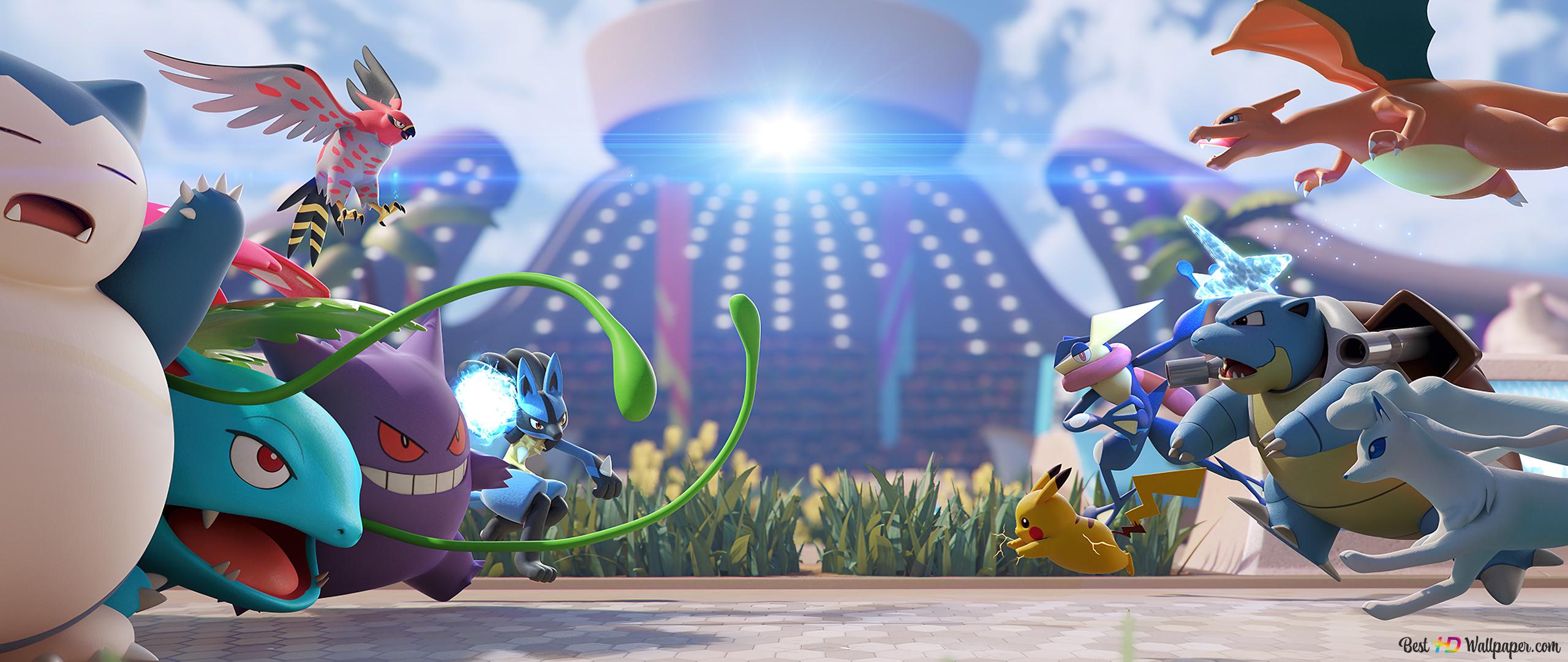
So what goes into making the themes for the characters we love?
Bear McCreary was the composer for the latest God of War game, and hearing him talk about his process for God of War gives an incredible insight into what goes into making memorable moments.
“My method into any project is really through the characters. So, this game perhaps more than any other in the franchise has really well-developed characters. And that was my starting point.”
He describes using three notes at the start of Kratos’s theme, which allows him to bring that same feeling every time he arrives in a scene despite the music changing drastically otherwise.
“Dun, dun, dun”
When you first see him in the trailer at E3 or when he steps in to protect Atreus from a golem, it’s those same three notes.
“Dun, dun, dun”
Kratos changes throughout your adventure, and his music changes with him. But, with three notes you still get that same feeling each time he arrives.
That’s one way the sounds of a character can change how you feel while playing a game. There’s also a much simpler, but no less effective method to make a player feel a certain way. You know that sound when you solve a puzzle in Zelda? Isn’t that just one of the best sounds in the world? Sometimes sounds just exist to give you a little reward when you’re heading in the right direction.
Music to Drive Action
“Now, DOOM fans, they are not like Disney fans. If DOOM fans don’t like what you’ve done,
they’ll burn your house down.” – Mick Gordon, DOOM 2016 composer
Music can be used in just about any game to let you know you’re heading in the right direction, or to make the right direction more exciting. The Tetris theme is notorious for infiltrating the minds of players and raising your heart rate.But in modern times this has been taken to a whole new level with games like DOOM (2016). Which took the original ideas from early versions of DOOM, and turned them all the way to eleven.
Check out this quote from the game’s composer, Mick Gordon, to get an idea behind the design process of the game’s soundtrack.
“DOOM’s gameplay is a really dynamic experience. You go from fighting demons in close quarter combat environments to fighting hordes of demons in massive vast areas. As you’re playing the music changes, to reflect the situation that you’re in.”
And Gordon worked right into that, each track that he put together for DOOM makes the player want to rush around a corner, find something new to fight, and, well, Rip & Tear it apart. Part of the genius behind the game’s soundtrack being so in tune to what the player is doing is that Gordon almost literally hands it over to you. In Gordon’s own words:
“What we try to do is hand the change of that over to the player’s actions.”
He does this by building toolboxes of music and sounds, each linked to a particular type of action. And then as the players move through the hellscapes of DOOM levels the game will switch from one toolbox to the next depending on the actions of the player.
By essentially giving the player control over the music that’s playing Gordon has used his music as a way to encourage players to keep moving, keep shooting, and keep slaying.
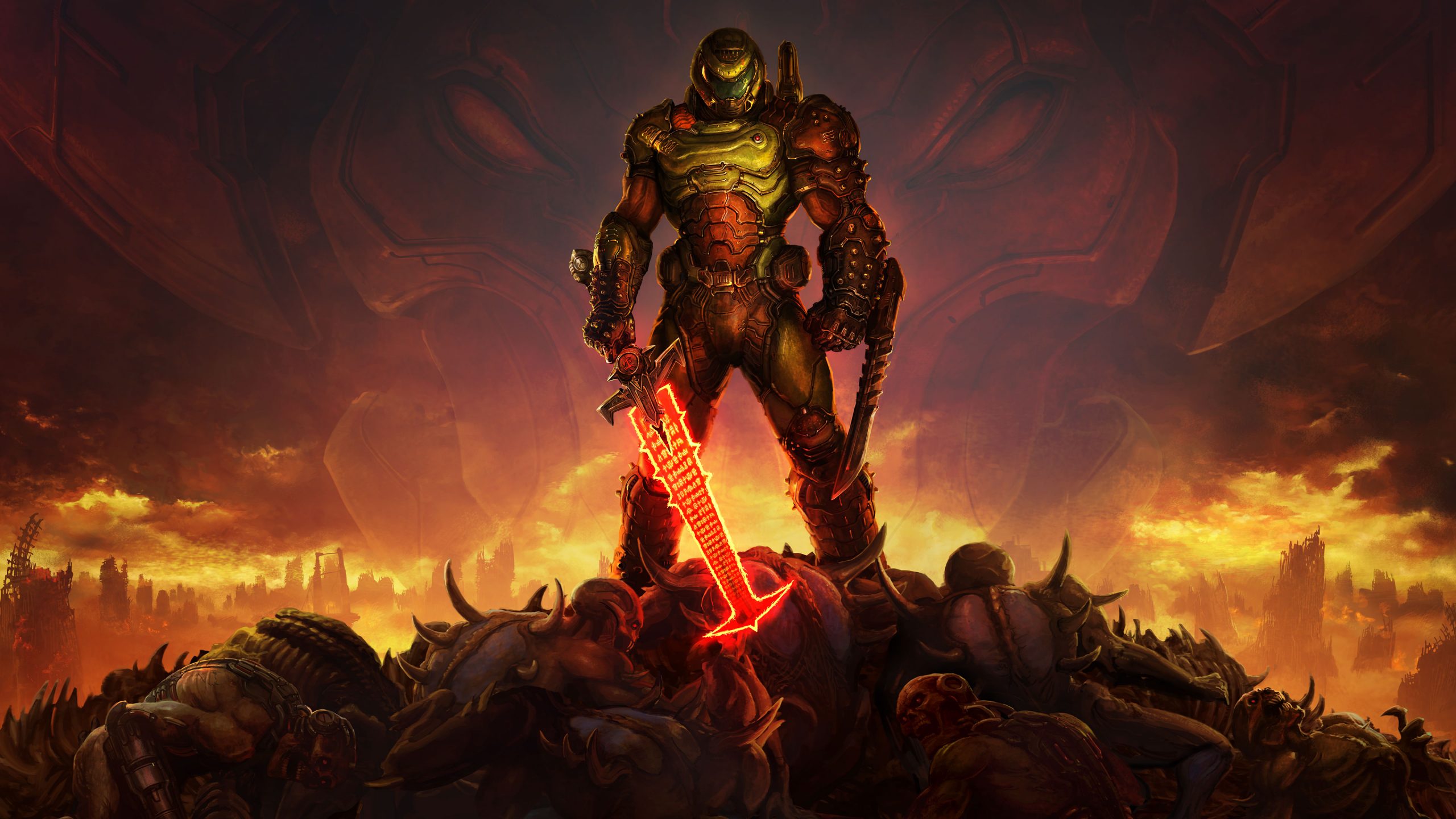
What are your favourite in-game tracks?
Share them in the comments. And before you click away, why not check out our other gaming posts right about here.
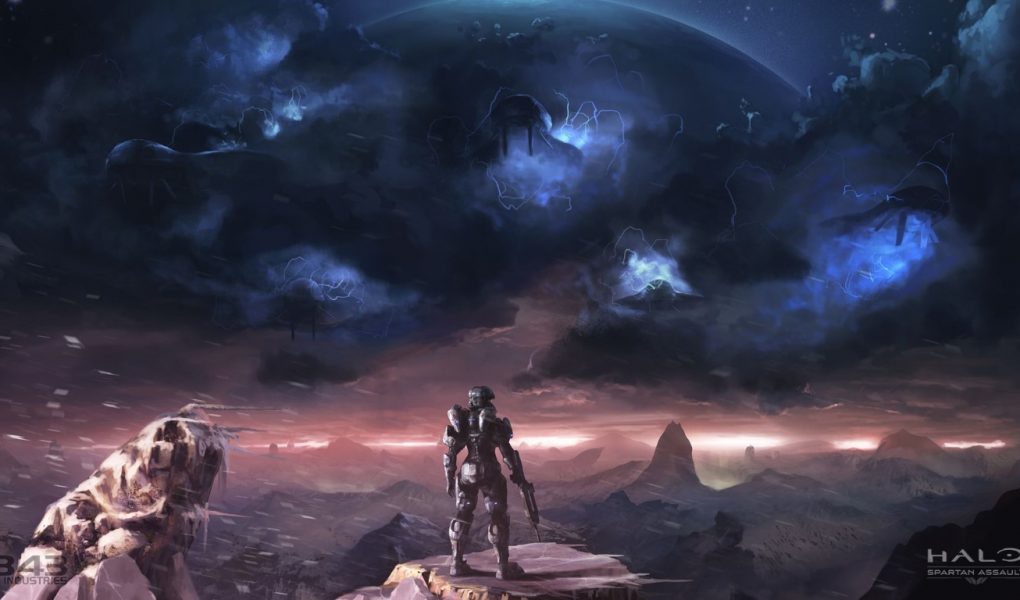
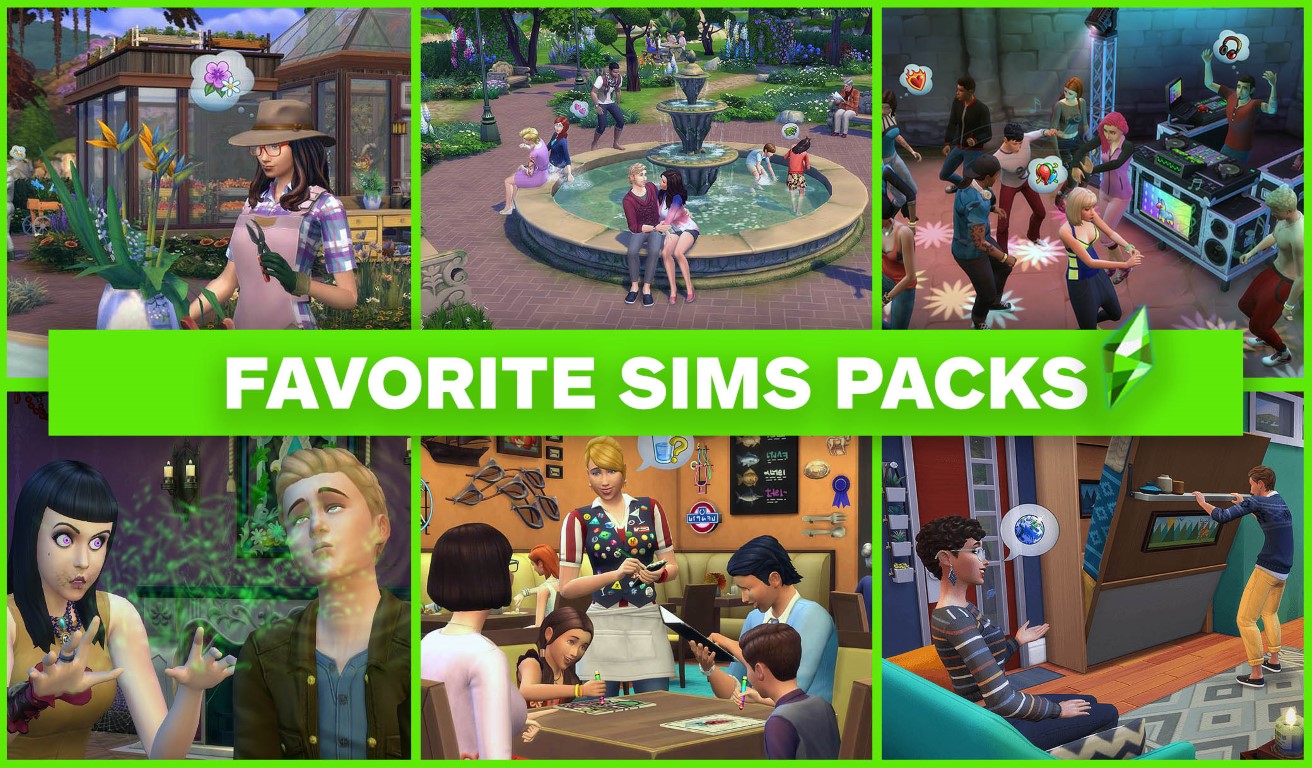
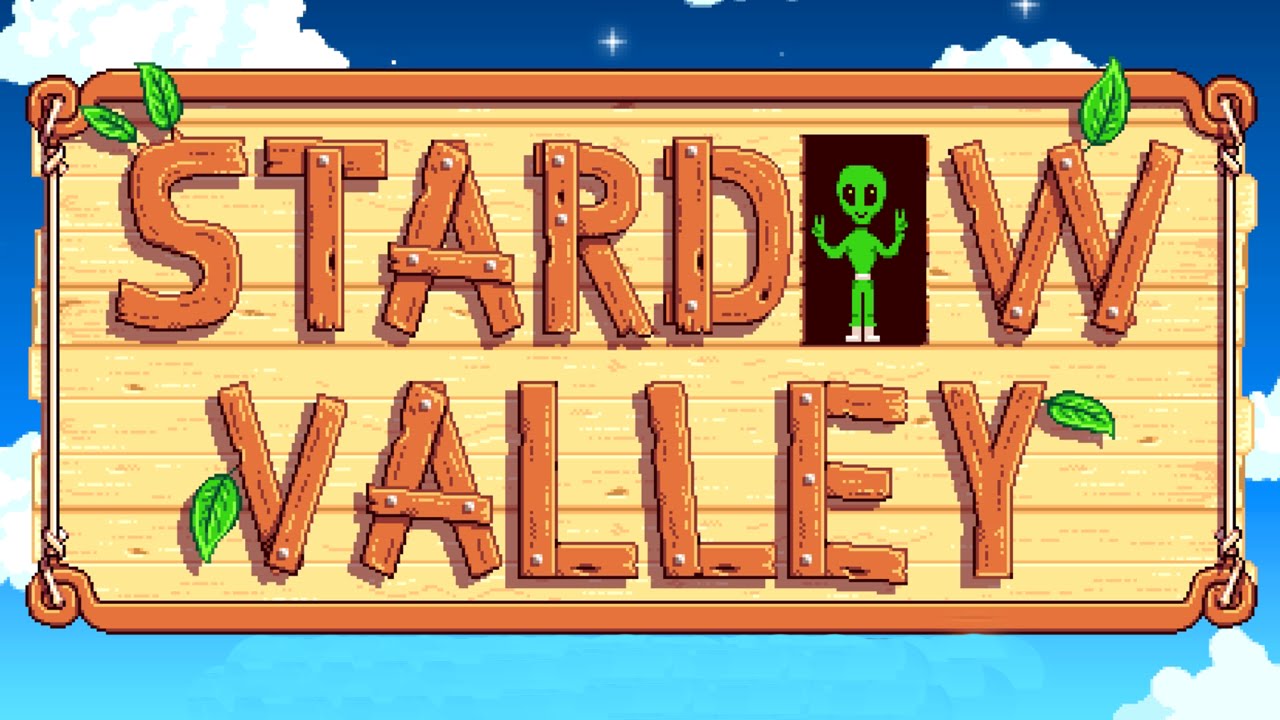
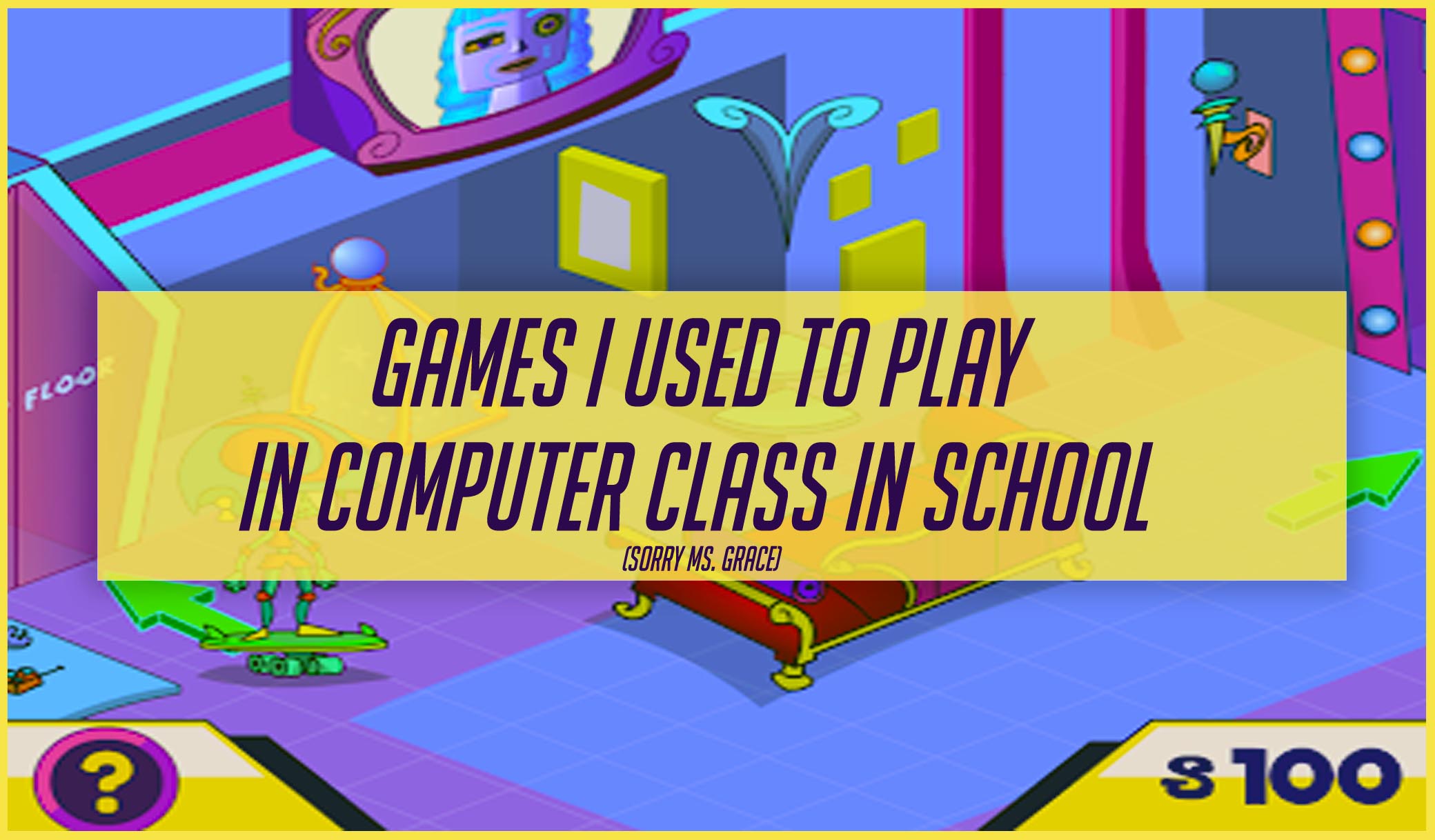
This article is on-point, and I think with the recent addition of OST’s being a category in the Grammy’s shows that more and more people are coming to realize how important sound is to a visual and kinetic experience. Some games just aren’t the same without the accompaniment behind them; try playing Hotline Miami with the sound off. It’s definitely not the same experience, and the player will only be missing out.
In a multitasking world where we typically absorb multiple forms of media at once, I’ve found myself slipping into playing games with the sound off. This article is a great reminder that I’m only depriving myself of the experience the developers intended for me to have. Great article, mate! Keep ’em coming!
Thanks so much for the comment! Appreciate you checking out the blog 🙂
Thank you mate! I absolutely agree! Turning game sounds down so that you I can watch something, or catch a podcast was something I found myself doing all the time. So I’ve been trying to make an effort to appreciate every part of these games that people are making!
And honestly, it’s awesome! Even small indie companies are putting together amazing OSTs these days and I just don’t want to miss out on them anymore!